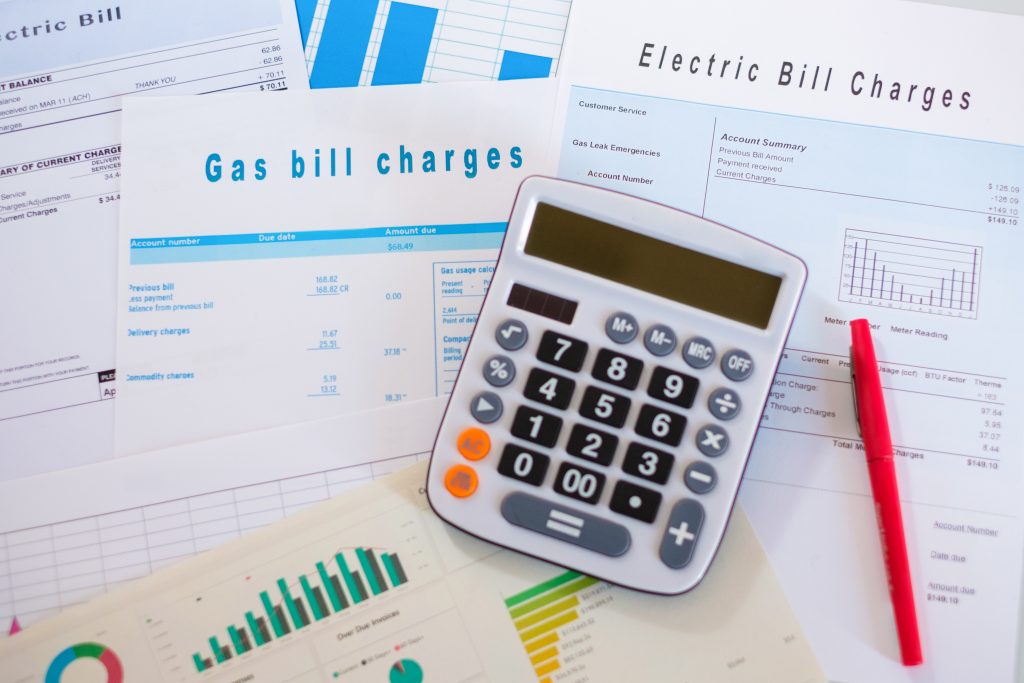The regulator has published a ‘call for input’ to examine issues around affordability and debt in the energy market.
Ofgem said it remains “very concerned” that struggling households have a limited ability to cope with future price shocks.
But the regulator also noted that the cost of recovering bad debts, and the high number of consumers who are locked into debt and repayment plans, could have serious consequences for the retail energy sector.
Ofgem said that in order to meet the affordability challenge and achieve net-zero goals in the long term, the UK needs to rebuild its energy system around cleaner, affordable and more secure sources of low-carbon and renewable energy.
It said this will require significant investment, but there are concerns that these costs will go onto energy bills, disproportionately hitting lower-income consumers who are not able to invest in the technologies or change behaviours to reduce costs without further action.
To further examine issues around affordability and debt, Ofgem is issuing a ‘call for input’ to work out the steps it needs to take to guard against the harmful impacts of future price shocks and ensure that the debt burden doesn’t leave us with an unsustainable situation that will lead to higher bills in the future.
Tim Jarvis, Ofgem’s director general for markets, said: “Prices are slowly falling as the energy market stabilises – but many people have been struggling to pay their energy bills amid unprecedented levels of debt and the legacy of this risks becoming an enduring problem.
“There have been numerous interventions to support different groups of customers, but a longer-term solution requires us to take a step back and see the big picture, which is why we are launching this call for input on affordability. We need to look at energy affordability as a whole – what’s working, what is not and where are the gaps?
“We have taken action already – changing standing charges for PPM customers so they are not charged more than anyone else and toughening up requirements on suppliers to take care of their customers.
“However, the growing level of debt means a longer-term approach is needed to ensure we have a stronger market and the right support for struggling consumers to protect them from future price shocks and ensure all consumers benefit from the transition to a new cleaner, more secure energy system.”





